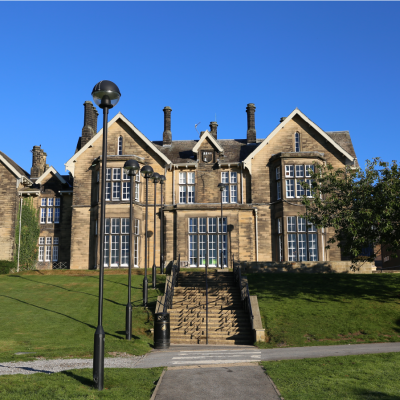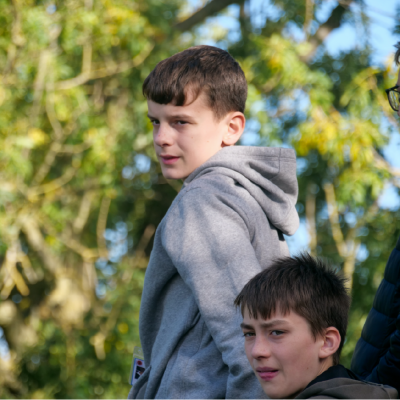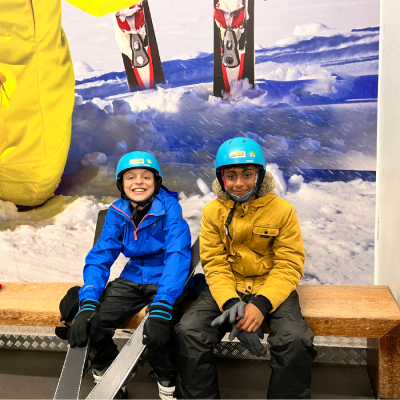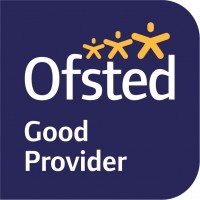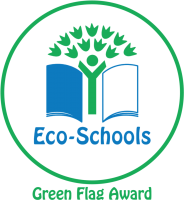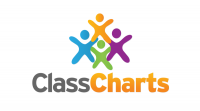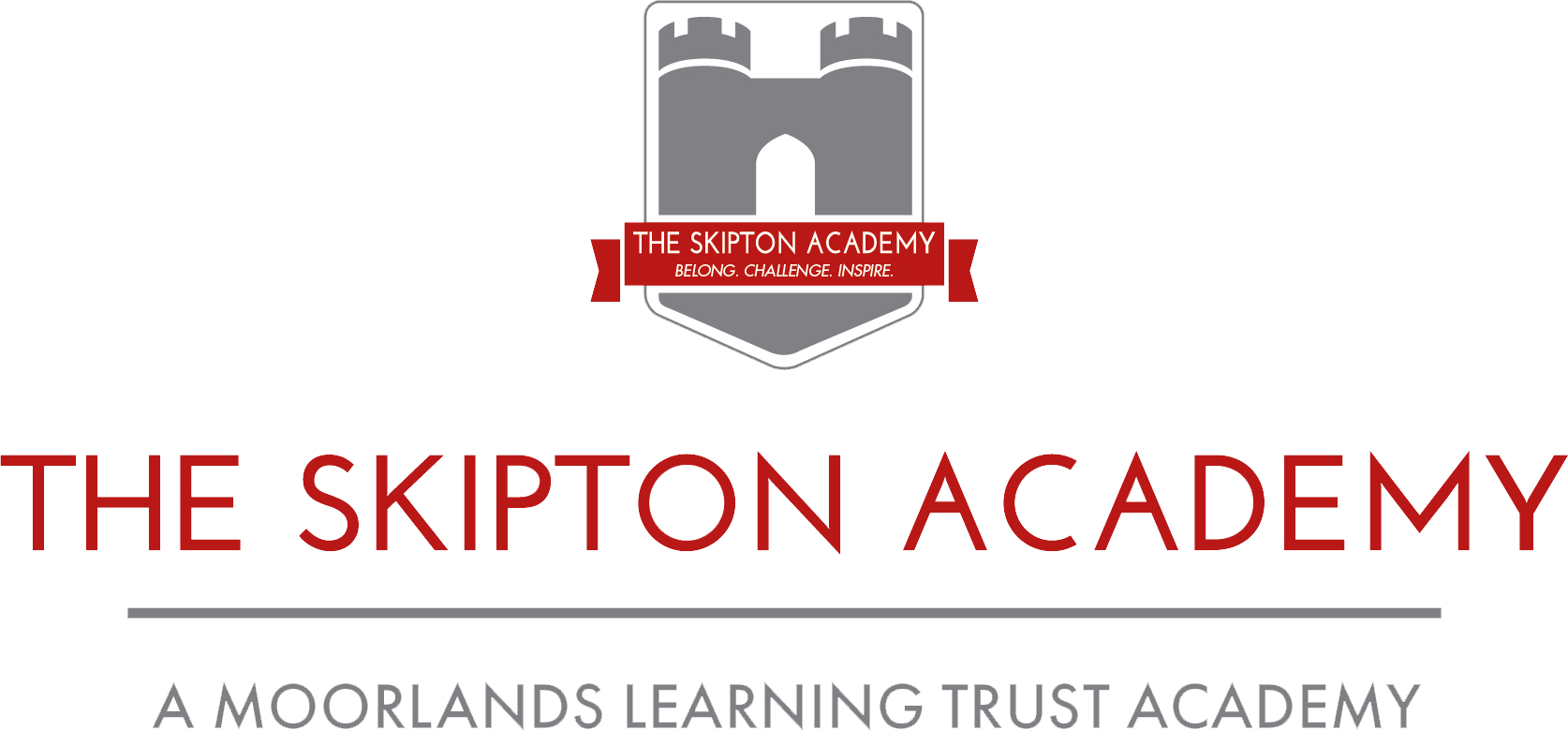The Skipton Academy Curriculum Intent
The Skipton Academy’s curriculum offer is underpinned by our school values of Belong, Challenge and Inspire, where we provide a curriculum that ensures all our students are enriched and developed throughout their academic and personal journey from years 7 to 11 and beyond.
Our aim at The Skipton Academy is to provide an inclusive and ambitious curriculum, to empower and challenge all our students to achieve academic success, in order to progress onto their chosen next steps.
We also recognise the power of education to open doors and support the growth of cultural and social awareness, in order to give our students ‘a seat at the table’, so that they can make a positive difference to their own lives and the lives of others.
Through our rich and varied curriculum, we enhance our students’ views of the world beyond their own; our students develop a cultural capital that allows them not only to feel a sense of belonging to their own community, but also to understand and articulate diverse points of view, whilst recognising the importance of kindness, tolerance and respect for the views of others.
Our goal is to inspire all our students to appreciate the power of knowledge and education, sparking intellectual curiosity, a thirst for self-improvement and a motivation to be the best version of themselves, achieving success in all they do.
Curriculum Design:
Each subject curriculum is carefully designed in line with the Moorlands Learning Trust’s ‘Exceptional Curriculum Design Principles and Properties’; a framework which focuses on the 4 principles of: Powerful Knowledge, Curriculum Coherence, The Progress Model and Understanding How Students Learn.
Powerful Knowledge: Our curriculum at The Skipton Academy is founded on ‘the best that has been thought and said’; programmes of study that are at least as good as The National Curriculum, so that there is breadth and depth of learning to secure knowledge. Our students are challenged to think deeply, using subject specialist vocabulary to unlock learning and demonstrate their understanding of increasingly complex concepts.
Coherence: We support our students to ‘know more and remember more’ through a carefully sequenced curriculum. Teachers consider ‘why this and why now’, acknowledging that the structure and sequence of learning aids students’ depth of understanding, memory and retention, through growing knowledge ‘webs’ and ‘mental models’ (schema).
The Progress Model: we challenge all our students to achieve their full potential through a curriculum that is inclusive and ambitious; a curriculum that is designed to progressively lead to mastery in a particular discipline.
How Students Learn: as a school, we embrace the role of cognitive science to aid learning and make learning ‘durable’. Our curriculum is designed to revisit and practise for memory, ensuring there is opportunity for ‘spaced’ and ‘retrieval’ practice. Our teachers use pedagogical strategies such as modelling, scaffolding and expert explanation to ensure students understand the learning process, ultimately become self-regulated and metacognitive learners. Students’ exposure to ‘disciplinary literacy’ across the curriculum is a vital component of how our students learn, underpinning students’ powerful knowledge and facilitating an enjoyment of reading in a range of subjects.
Whole School Curriculum Structure:
Key Stage Three
We deliver a three-year KS3 programme which is underpinned by the National Curriculum. Students experience a range of subjects which are logically sequenced, allowing them to build on and extend their KS2 knowledge, whilst also introducing them to new disciplines.
Where students are not reaching age-related expectations, we provide a responsive curriculum in the form of interventions such as literacy and numeracy. These interventions aim to close the gaps, whilst still ensuring students experience a range of subjects.
|
Mathematics |
English |
Science: Biology Chemistry Physics |
French
|
History |
Geography |
Performance: Music Drama |
|
Art
|
PE |
ICT and Computing
|
Technology including Food Technology
|
Personal Development Time (Religious Studies, Citizenship and PSHCE) |
|
|
Key Stage Four
At the end of Year 9, our students select personalised pathways to support them on their learning journey. Students have the option to select an EBacc pathway or a blend of academic and vocational subjects.
|
Core |
Foundation |
Options |
|
English Language English Literature Mathematics Combined Science: Trilogy |
PE Personal Development Time (Religious Studies, Citizenship and PSHCE) |
GCSE History GCSE Geography GCSE French GCSE Art GCSE Business GCSE Food and Nutrition GCSE Music |
|
BTEC Tech Award in Digital Information Technology BTEC Tech Award in Sport, Activity and Fitness BTEC Tech Award in Performing Arts LEVEL 1/2 CAMBRIDGE NATIONAL in Engineering Design BTEC Tech Award in Health and Social Care |
To further enhance our curriculum offer, we organise enrichment days throughout the year, to provide students with the opportunity to immerse themselves further in and around disciplines that they study and to prepare them for a world outside of school as active, academic and healthy individuals.
